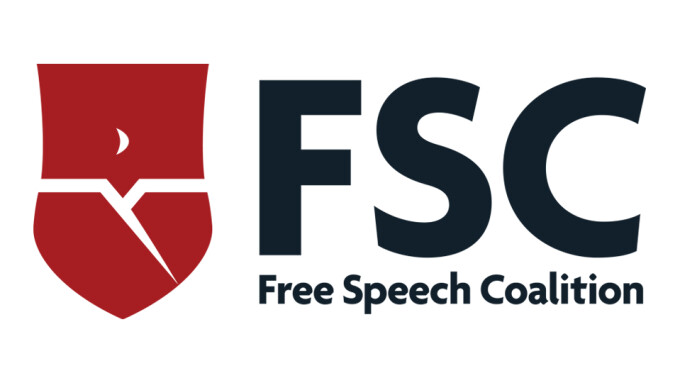LOS ANGELES — Free Speech Coalition (FSC) has released a new report detailing the extent of financial discrimination against the adult industry.
The report reveals that an overwhelming majority of adult industry workers have lost a bank account or financial tool due to their source of income.
The report follows a study conducted between December 2022 and March 2023 by FSC and Sex Work CEO, an educational platform for sex workers. Over 400 members of the adult industry took part in the survey.
“Financial Discrimination and the Adult Industry” documents the broad scope of the discrimination faced by performers, content creators, professionals and business executives in the adult industry.
According to the report:
- Discrimination is widespread. Some 62% of respondants have lost or been denied a bank account due to their work in the adult industry. More than 40% have lost an account or financial tool in the past year alone.
- It’s a major drag on business. Nearly half of adult businesses (48%) rated financial discrimination as their top challenge to revenue.
- It makes performers vulnerable. One in three performers have either been outed as adult workers to their financial institution by those who wish to harm them, or have faced extortive threats to do so.
“The rampant financial discrimination against the adult industry is devastating to our businesses and workers,” said FSC Director of Public Affairs Mike Stabile. “From predatory fees to unwarranted fund seizures, financial institutions are exploiting the labor of those working in the adult industry. This report shines a light on a shameful practice.”
Those in the adult industry regularly report having accounts closed, sometimes with funds seized, despite their source of income being legal. From mainstream banks and credit card networks to financial tools like PayPal and Venmo, financial services discrimination creates constant instability for workers and businesses, forcing them to pay extortionate fees or rely on third parties to manage their income.
The report builds on scholarship and studies conducted by groups such as Hacking/Hustling and CLEAR, and by researchers like Dr. Val Webber and Bianca Beebe.







